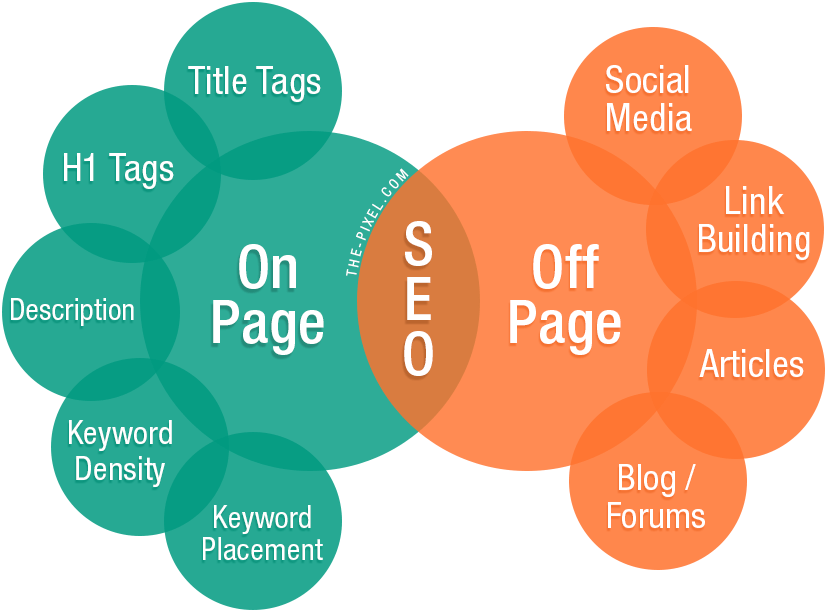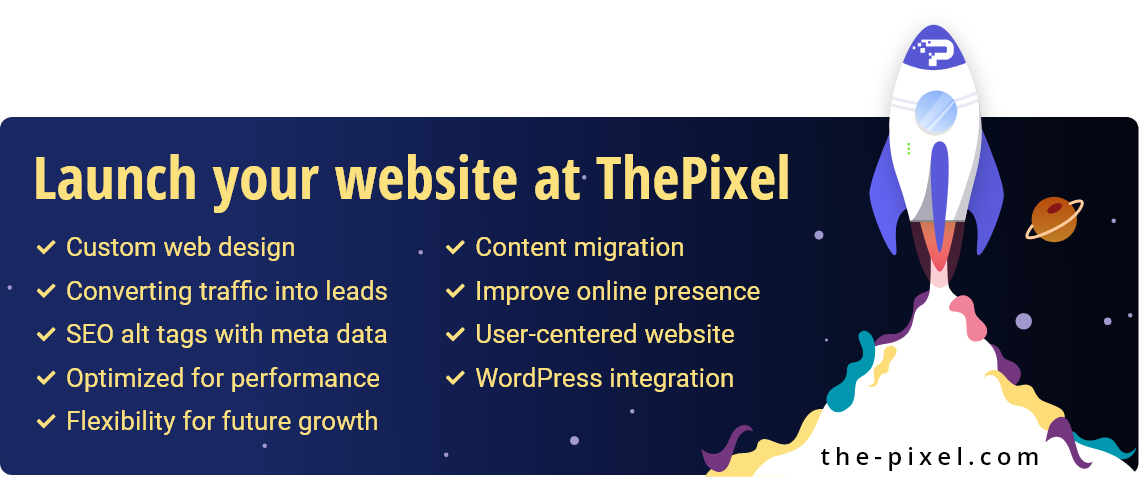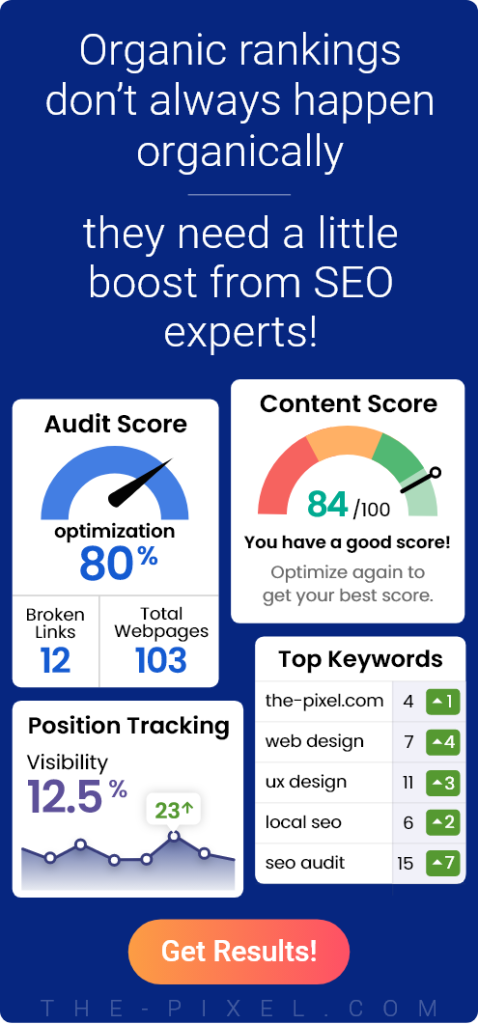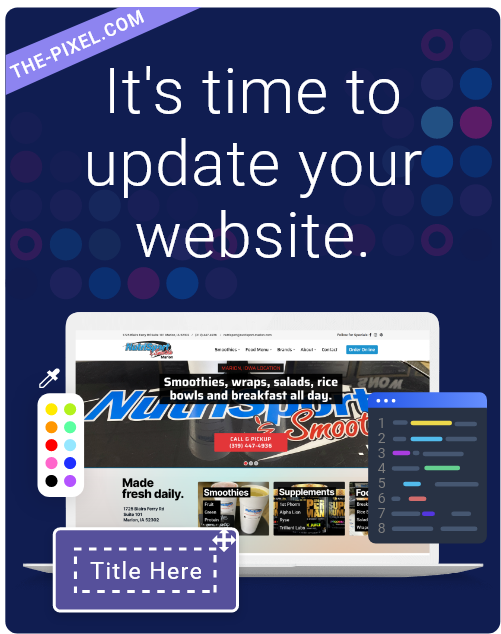Best Questions to Ask Before Buying a Website
Best Questions to Ask Before Buying a Website
Let’s assume for a moment that you are in the process of selecting a website design and development company to build your next website or web application. Odds are this may be the first time you’ve ever had to select a vendor, and websites aren’t things that companies purchase regularly.
As you are interviewing companies, be sure that they are taking the time to explain things in a way that you understand. Yes, you are hiring them to build you a website, but they should also be focusing on education and providing you the information you need to make informed decisions.
1. What is your approach to usability?
Having a website is important because it’s usually your first point of contact with a customer, but it must also be easy to use. This applies to both the visitors coming to your website, and from the administration perspective. You’ll want to select a company that puts usability at the forefront, as the days of needing a computer science degree to update your website are long gone. You will also want to make sure that usability from the visitors point of view is addressed as well. Keep in mind that most people coming to your website are looking to answer a specific question and your design along with content layout should facilitate that process.
2. How will my site be kept secure?
Security is something that everyone thinks about on the web, but it’s important for you to understand a few things. First, there is no such thing as a 100% secure website. There is always a way to hack a site if someone is determined enough. The trick is to close off as many as those pathways as you can. If you are looking to have a custom eCommerce website built, than you should expect to hear them mention PCI Compliance. They should also talk about keep the site up to date to quickly patch security holes as they are discovered. If a company mentions anything about storing complete credit card data, run far far away.
3. Do you do any form of automated testing during development?
This isn’t something that every web development company does, so if they don’t, then don’t hold it against them. Automated testing involves writing a series of “tests” that can run behind the scenes to detect any bugs in your website. Think of it as a robot running around and testing hundreds of areas of your site automatically. The big benefit of Test Driven Development is that you’ll end up with a product that is more stable and there is less of a chance of bugs getting out onto production.
4. How will my website accommodate on-site SEO?
The big thing here is you want to be able to control what are known as meta-tags. These tags help you provide unique page titles and descriptions for each page of content on your site. You should be able to easily update these meta descriptions and they should be able to automate some of the creation of these tags so that it is one less thing you have to do when creating a page. There are a number of other things that should be looked at for on-page seo, but this is going to be the foundation. Page titles and URL Aliases are also very important for example.

5. What is the life expectancy of my website?
This is a really great question to ask as it gives you an idea as to how to calculate the ROI of your website. Keep in mind that the answer may surprise you. You should be able to expect to get at least 4-5 years out of your website, but that assumes that you have it built and then do nothing further with it. It’s suggested to keep investing into your website as the industry is changing so rapidly, and you don’t want a website that becomes outdated or stale in comparison to your competition. Regular investment in your site will do a great deal to extend the life of the site in general.
6. What will be done to keep my site up to date?
Regardless of what language or platform your website is built on, you’ll want to make sure that your vendor mentions something about what they will do to keep the site up to date. Not only do these updates patch security holes, but usually in the case of open source projects, they also provide general bug fixes and even additional functionality.
7. What limitations am I going to run into trying to add functionality to my site in the future?
If you were only going to ask one question from this list, this would be the question to ask. You should NEVER be stuck with a website that is unable to grow and adapt as your needs change (and believe me, they will).
8. What is your process like, and what will be my involvement in it?
You want to hire a company that is going to make you an active participant in the process. Hopefully they will ask that you attend regular meetings to receive updates as to where the project is during the development phase, and hopefully you will have the opportunity to see and play with the site AS it’s being built, not after. This is important as you need the ability to change a piece of functionality during the build process as if you try to change it after the site is complete, it will likely cost you more money.
9. Is my site being custom built or built on a content management system such Drupal or WordPress?
Unless you are looking for something extremely unique (such as a game, social network or other web application), odds are you won’t want to have your site custom built. If the potential company mentions anything about building a custom content management system (meaning one they built in-house), or using some sort of closed-source solution, then that should be a red flag. Open source solutions provide you the best bang for your buck, and even though there is a lot of debate as to which one you should use. We recommend using a content management system such as WordPress. The takeaway here is that it is much cheaper for a web company to modify an existing open-source content management system than it is for them to try to roll their own. The end result is a lower cost, but a higher quality product.

10. If my site has a problem how long will it take to get it resolved?
No matter what is done to try to prevent it, there may come times where your website is having a problem. Regardless of the time of day, you want to be sure that your web company is responsive. If the site is down, they should be able to get it up as soon as possible, and explain to you why it went down and what the plan of action is to prevent it from happening in the future. It’s important that you don’t have to wait days or weeks to hear a response.
Hire ThePixel to build your next website!
Since our founding in 2008, we’ve created and launched many types of business websites. Over the last decade and we’ve learned a thing or two! That’s why we’re masters of our craft, let us help you build the website of your dreams – one that generates traffic, leads and conversions.
Are you ready to start? If yes, contact ThePixel and one of our representatives will guide you through the website phases and how the process works either by a Zoom Meeting or phone.


